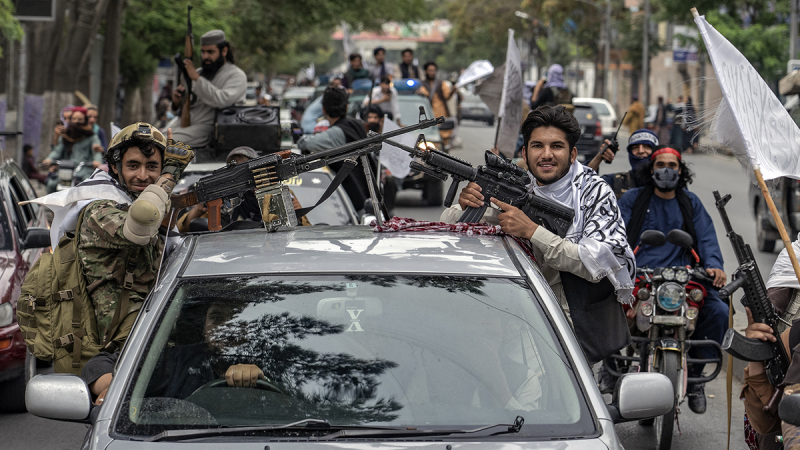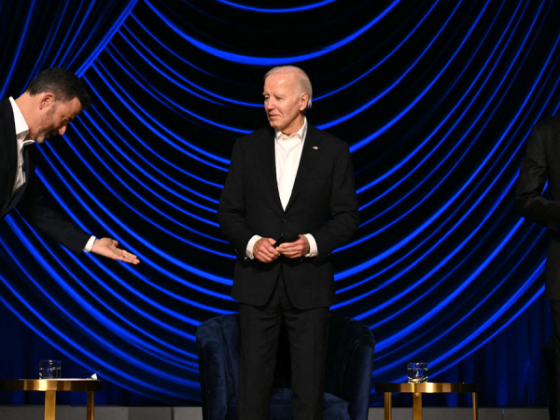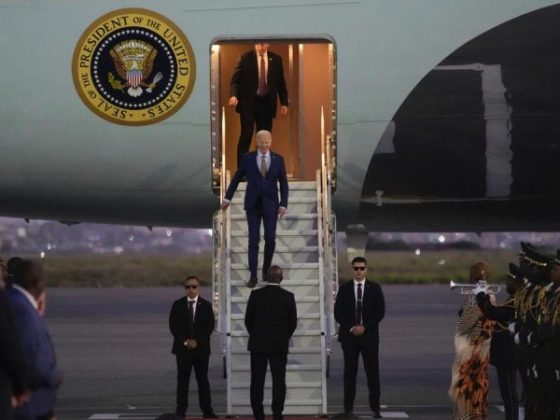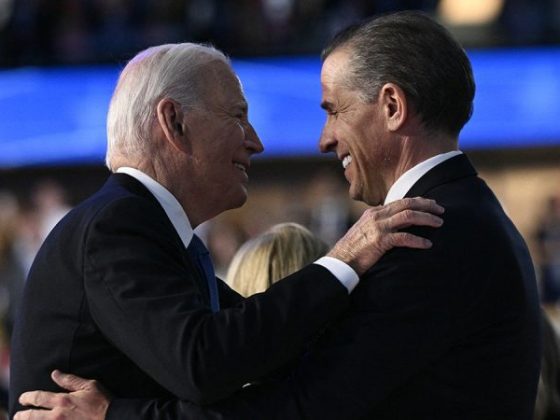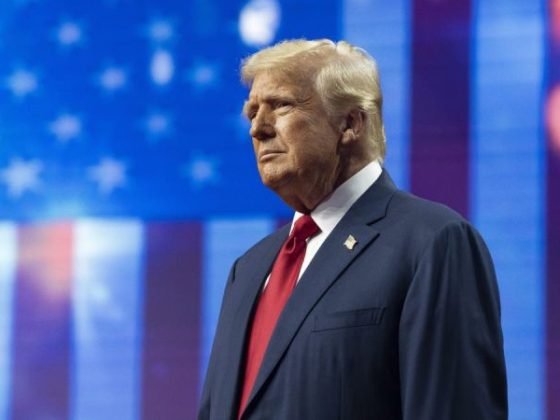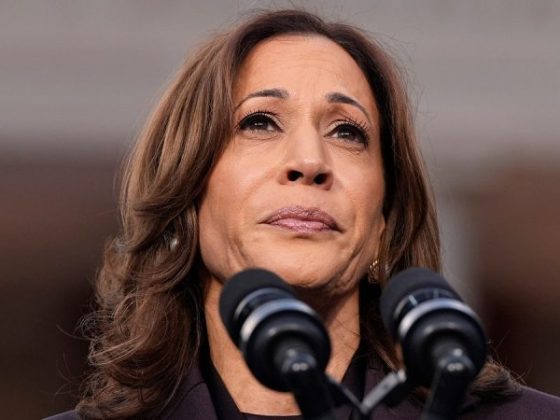As the dust settles in a post-U.S withdrawal Afghanistan, there is a new political reality: the Taliban are back. However, amidst the dire predictions and ongoing uncertainty, the U.S. House of Representatives eyes a strategy that could have far-reaching implications—the potential crackdown on American dollars flowing into the hands of the Taliban.
As billions of dollars in foreign aid has poured into Afghanistan over the past two decades, a portion has ended up in the coffers of the very groups that the United States and its allies were fighting against. This money, funneled through a complex network of intermediaries and corruption, has ended up financing terror-related activities and strengthening the Taliban’s grip on certain areas. This alarming realization has sparked a much-needed debate in the House of Representatives as to how to prevent further financing of the Taliban.
It is well known that the economy of Afghanistan is largely dependent on foreign aid so much so that, according to the World Bank, internal revenue only accounts for about a third of the country’s total public spending. Considering such heavy reliance on foreign sources, the risk of the funds getting routed and misused by the Taliban increases many folds, thus raising a dire need for stricter control mechanisms.
Furthermore, the aforementioned concern is not only about maintaining the necessary financial flow to Afghanistan but about controlling it to ensure the funds are not maliciously misused. With the Taliban now effectively in control of a country that is highly dependent on foreign aid, the enticing opportunity may serve as a magnet for wealthy benefactors interested in supporting the Taliban’s agenda. Therefore, the U.S. House of Representatives’ move to limit financing to the Taliban may prove to be a timely and vital action.
The proposed crackdown would likely include rigorous audit requirements for aid programs, restructuring assistance to ensure it goes directly to the Afghan people, and not through the Taliban-controlled government, and imposing strict sanctions on individuals or organizations found guilty of funding terror-related activities. In essence, this might involve a complete reevaluation of how the U.S. provides assistance to Afghanistan.
However, achieving this is easier said than done. Afghanistan is a country riddled with corruption and fragile institutions. Implementing stricter control mechanisms could risk hampering the country’s development projects and might inadvertently contribute to the worsening living conditions of ordinary citizens. With about half of the population already living under the poverty line, the situation needs to be handled with extreme delicacy and careful planning.
Additionally, this approach will need to be part of a wider international effort. The U.S. alone cannot be responsible for halting the inadvertent funding of the Taliban. Other countries providing aid to Afghanistan will need to follow similar measures and ensure aid disbursal is stringent, accountable, and transparent. The United Nations and other international organizations can play a crucial role in coordinating these efforts and implementing strict monitoring mechanisms.
In conclusion, the plan to crackdown on U.S. dollars flowing to the Taliban is a bold one and could potentially prove to be a critical step in the global fight against terror financing. However, it must be implemented with utmost care to prevent exacerbating the already dire humanitarian condition in Afghanistan. A coordinated international effort is paramount to ensure the people of Afghanistan continue to receive the aid they desperately need, without inadvertently aiding the Taliban.

